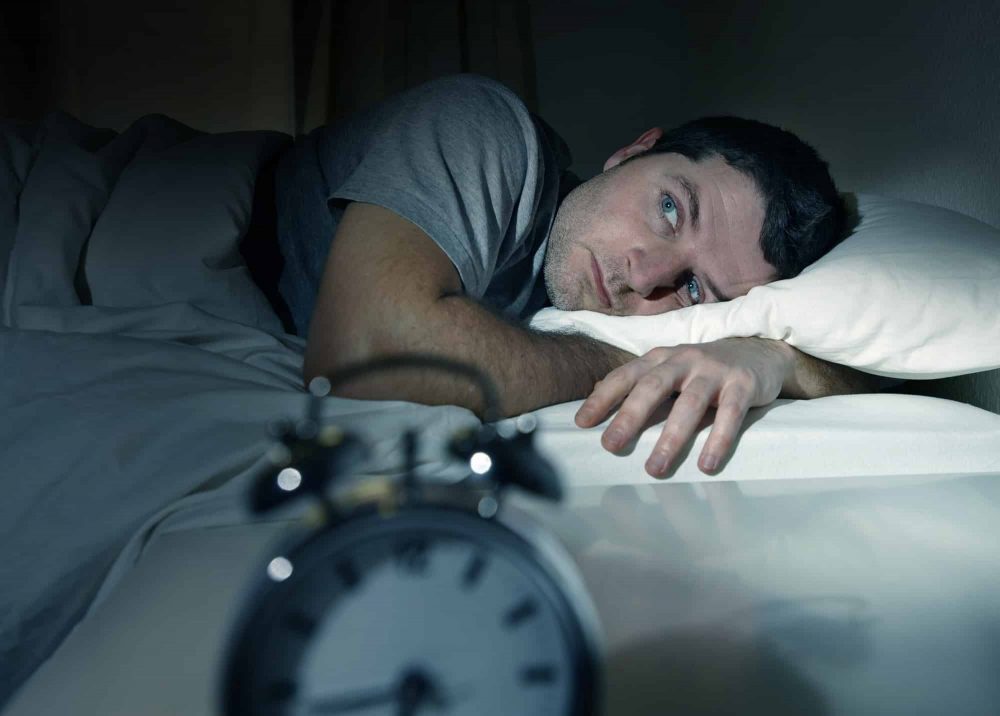Sleep is not only essential for our daily wellness and wakefulness, but it directly impacts our physical health. Not getting enough meaningful sleep can contribute to a number of different wellness issues. A sleep disorder can really throw our circadian rhythms out of wack, which can make our days both longer and harder!
One of the most common signs of sleeping disorders is constant fatigue. If you feel constantly exhausted and are concerned you may have a sleep disorder, keep reading to learn about chronic fatigue and the Epworth Scale.
Constant Fatigue and Sleep Disorders
Constant fatigue goes beyond just feeling tired – it is immense exhaustion all day, every day. You may feel too tired for daily tasks or need excessive amounts of rest to get up. If you are suffering from chronic fatigue, there is an increased likelihood that you may be suffering from a sleep disorder.
There are many sleep disorders that may cause chronic fatigue. Insomnia, restless leg syndrome, and sleep apnea are all common sleep disorders that impact the amount of restorative sleep you are able to get at night. Loss of meaningful rest causes fatigue, which is one of the key signs of sleeping disorders.
If you think your exhaustion is being caused by a sleep disorder, the Epworth Sleepiness Scale is a great place to start.
What Is the Epworth Sleepiness Scale?
The Epworth Sleepiness Scale is a tool used by sleep experts that helps to assess drowsiness. Using this tool, experts can make an initial analysis of whether your sleepiness indicates a sleeping disorder. The higher your score on the Epworth Scale, the greater your likelihood of a sleep disorder.
The Epworth Scale assess different situations and your chances of falling asleep during them. Participants should score their questionnaire using the following scale:
- 0 – No chance of dozing off
- 1 – A slight chance of dozing off
- 2 – A moderate chance of dozing off
- 3 – A high chance of dozing off
Using this scale of 0-3, rate your chances of dozing off in the following situations:
- Sitting and reading
- Watching TV
- Sitting inactive in a public space (e.g., a theater or a meeting)
- As a passenger in a car for an hour without a break
- Lying down to rest in the afternoon when circumstances permit
- Sitting and talking to someone
- Sitting quietly after a lunch without alcohol
- In a car, while stopped for a few minutes in traffic
Now, add your scores up. If you score between 10 and 15, you may want to consider seeing a sleep specialist.
If you score a 16 or greater, you should definitely seek medical attention. A score of 16 or greater strongly indicates excessive sleepiness and a high risk of a sleep disorder. A sleep disorder diagnosis is the first place to start for getting a meaningful night’s sleep.
I Am Concerned About My Constant Fatigue… Now What?
If you are concerned with your constant fatigue and your score on the Epworth Scale, it is time to contact a sleep specialist. A sleep expert will be able to help evaluate you for a sleep disorder, create a plan for improving sleeping habits, and discuss possible sleep disorder treatments that will work best for you. Sleep is essential for our health and wellbeing, so getting a diagnosis will help set you back on the right path for feeling revitalized and ready in the mornings.
For more information about scheduling your sleep disorder evaluation, contact us today!



